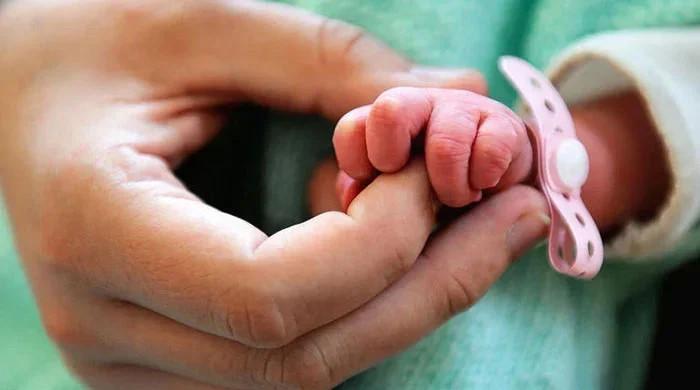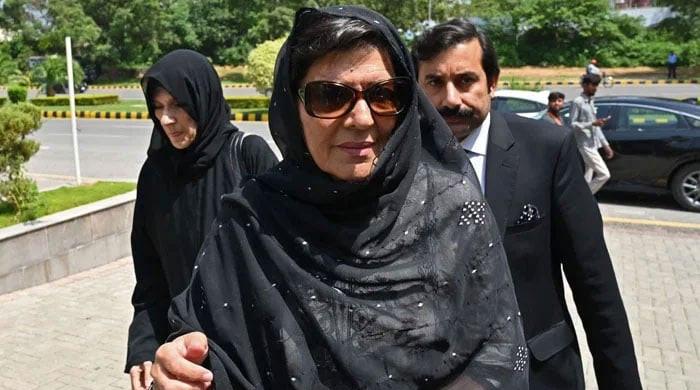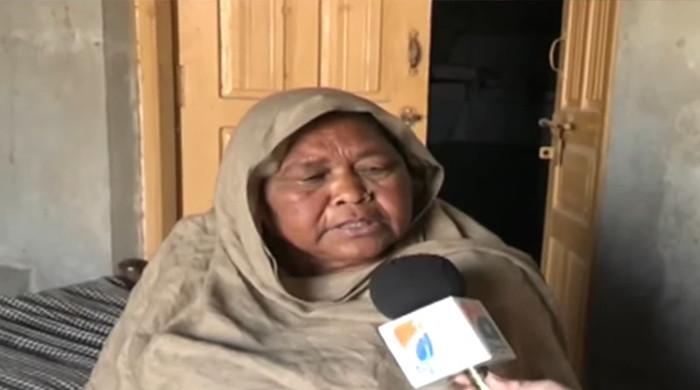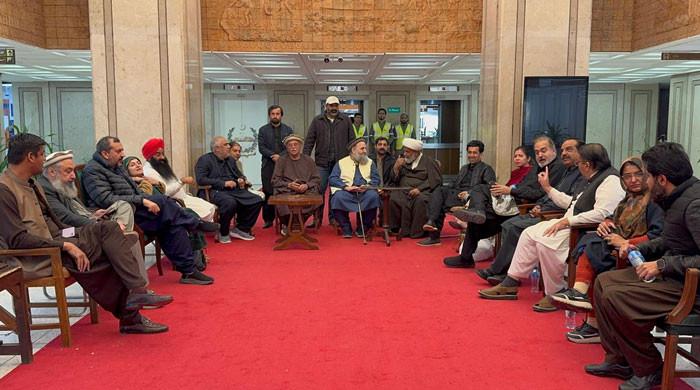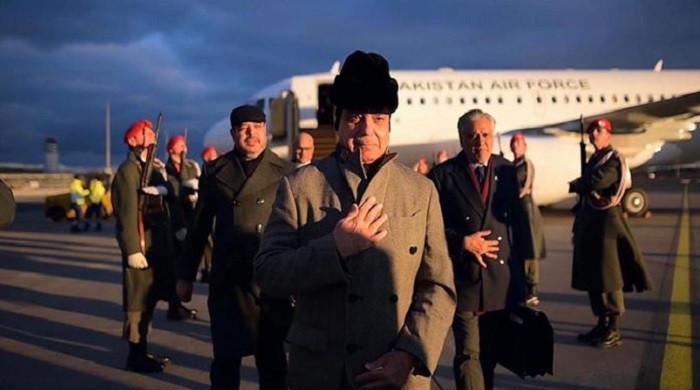Imran Khan writes to CJP, says 'doors of justice remain closed to me'
PTI founder claims he has confined in solitary detention for 772 days, describing his 9x11 cell as a "cage"
September 18, 2025
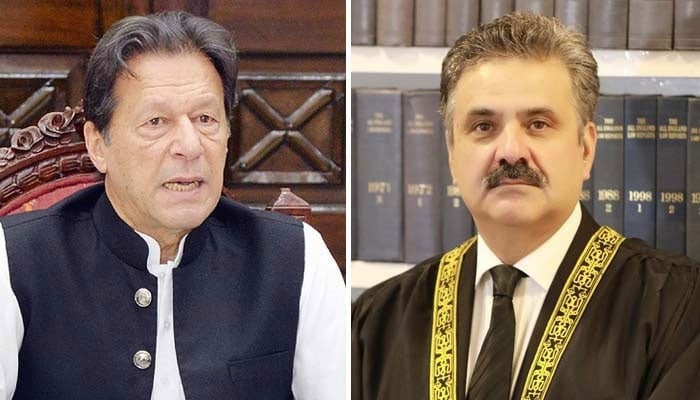
- Khan says solitary cell turned into cage.
- Claims 300 political cases filed against him.
- Alleges doctors barred from examining wife.
ISLAMABAD: Pakistan Tehreek-e-Insaf (PTI) founder Imran Khan has written a letter to Chief Justice of Pakistan (CJP) Yahya Afridi, highlighting his grievances from Adiala Jail.
Aleema Khan, the PTI founder’s sister, submitted the letter at the Supreme Court on Thursday, saying: “We have come here to deliver the founding PTI leader’s letter to the Chief Justice.” Other sisters of Khan were also present on the occasion.
In his letter, Khan complained that “the doors of justice have been closed” on him and his wife, former first lady Bushra Bibi. He wrote that he had been confined in solitary detention for 772 days, describing his 9x11 cell as a “cage.”
The PTI founder also claimed that more than 300 political cases had been lodged against him, stressing that “such an example does not exist in Pakistan’s history.”
He further expressed concern over the deteriorating health of Bushra Bibi, alleging that doctors were not being allowed to examine her.
Khan urged the chief justice to take notice of his situation and ensure his and his wife’s legal and constitutional rights were protected.
Earlier this year, the Adiala jail administration had clarified that Khan was being provided all amenities under the prescribed legal framework for B-Class prisoners, including customised meals, healthcare, newspapers, books, and exercise facilities.
Officials insisted that he was being treated better than other B-Class inmates, with a cook assigned to prepare his meals and access to a private courtyard for walking and cycling.




